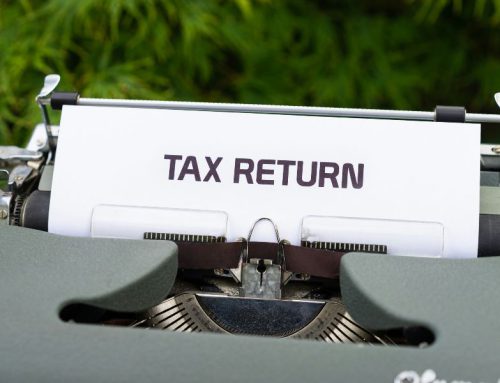The common question we get when clients look for us to incorporate a Singapore company is regarding paid-up capital. In a nutshell, paid-up capital is the amount of money that the company has received in exchange for its shares. Shares can be paid-up or not paid-up.
A company is a separate entity from the shareholders. Although someone comes to us to incorporate a company, the theory is that the company is asking for investors to purchase its shares so that it has money to operate.
Imagine this scenario:
Mr Tan goes to a Corporate Service Provider to incorporate a company. He decides that the company should be named ABC Private Limited. He fills in the Company Registration Documents and fills in $1,000 as the paid-up capital and that the company has 1,000 shares, all fully owned by him. He is also the sole director on top of being the sole shareholder. After incorporation, Mr Tan goes to the bank to open a bank account for the company as the company director. He puts in $1,000 for 1,000 ordinary shares.
In theory, this is happening:
ABC Private Limited is a company. It starts off with no money and needs to raise money to operate. It seeks investors to inject funds into the company and does so by selling shares of the company. Mr Tan agrees to purchase 1,000 ordinary shares in ABC Private Limited and pays $1,000 for them. The director of ABC Private limited places the money into the company’s bank account. The $1,000 belongs to ABC Private Limited and can only be used for the running of the company. The 1,000 ordinary shares belong to Mr Tan as he is the shareholder of the company. The 1,000 shares are paid-up.
The paid-up capital is the amount of money that has already been handed over to the company in exchange for its shares. When a company is incorporated, it would not have a bank account as the bank would require the company to already be incorporated to open a bank account. Therefore, our firm requires our clients to open a bank account as soon as possible after incorporation and show us proof that the paid-up capital has been placed into the company’s bank account before we issue the share certificates of the company.
We do not recommend that clients put paid-up capital as a very small amount like $1 or $10. This does not reflect well on the company as a whole as many deem such companies to be shell companies. We will usually advise clients that the paid-up capital should be at least $1,000. Even though the professional and incorporation fees are paid by the person who is opening the company, in theory, these fees are paid by the company. Thus if Mr Tan were to pay Singapore Secretary Services $880 for the incorporation of the company, these monies are supposed to be paid by the company itself to our firm. Thus this $880 should be paid using the monies in the company’s bank account which is the $1,000 worth of paid-up capital.
The company is also limited in terms of liabilities up to what is left in the company accounts. If the company has a paid up capital of $1,000 but has already spent $880, the company’s liability is the remaining $120. If the company has a paid up capital of $1,000 and has $9,000 worth of profits with $2,000 worth of expenses, then the liability will be $8,000 (i.e. $1,000 + $9,000 – $2,000). This is the meaning of a Company limited by Shares.
A practical consideration may also be the bank account. Many banks have minimum balances for corporate accounts and they do charge a fall below fee if the bank balance goes below a certain amount. Thus if paid up capital were to be set at say $5,000, companies can consider opening an OCBC account which has a minimum balance of $3,000. Companies that are just starting out will incur expenses and thus a portion of the $5,000 paid-up capital would be used. Currently, only Maybank has a corporate account with no minimum balance. For companies with less than $5,000 paid-up capital, we will recommend that the company opens a Maybank corporate account. The company can change to another bank account at a later date.
Please note that if you intend to place more than $50,000 as paid-up capital, we will require proof that this amount of monies can be paid-up upon incorporation. We may also ask you to place the monies in trust with a lawyer who will ensure that these monies go into the company’s bank account once the company is incorporated. Alternatively, the company can be incorporated with a lower paid-up capital and the paid-up capital can be increased at a later date.
We do understand that the incorporation process can be a little confusing and daunting. If ever there is a need, you may contact us at [email protected] or call or WhatsApp +6582222886. We can guide you through the incorporation process and also advise you accordingly when it comes to things like paid-up capital or which bank account to open for the company.
Opening a Singapore Company is a very simple and swift process. We are an ACRA Registered Filing Agent and have extensive experience in assisting clients to incorporate various types of companies. If you are unsure of the incorporation process and would like to know how to structure your company, feel free to call or WhatsApp +6582222886, email [email protected] or just drop us a message on our live chat.
Yours Sincerely,
The editorial team at Singapore Secretary Services
For more useful articles and videos, visit the Singapore Secretary Services resource page.
If you would like to submit a question or would like us to do an article on certain topics, please email us at [email protected]







[…] Contributions: Specify the capital contributions of each partner, whether in the form of cash, property, or services and how profits and losses will […]